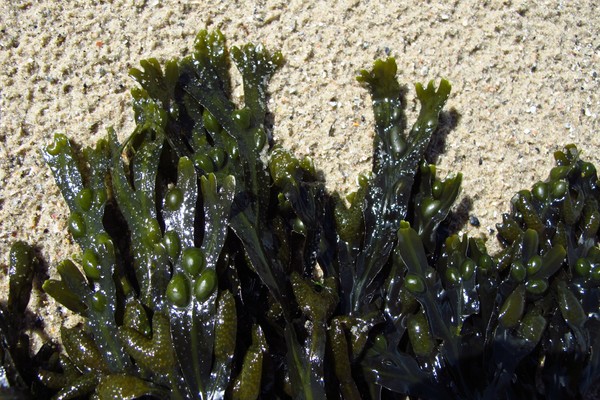Potential of seaweed in reducing blood glucose of obese type 2 diabetes patients

Project summary
The aim of this innovative project is to investigate if dietary supplementation with seaweed improves blood glucose regulation in obese type 2 diabetes patients. Type 2 diabetes is a serious highly prevalent (> 1 million in the Netherlands) chronic disease and its complications, cardiovascular disease, retinopathy, nephropathy, neuropathy, and foot amputation lead to premature death. Therefore there is an urge for prevention. Because diet plays an important role in the development of type 2 diabetes, the researchers use dietary interventions as a strategy for finding solutions. Seaweeds contain unique bioactive components that improve glucose tolerance and also reduce circulating lipid levels. Consequently, dietary supplementation with seaweed may reduce the risk of complications of type 2 diabetes.
Impact
The results will provide scientific evidence for the application of seaweed in the prevention, treatment or even reversal of type 2 diabetes. The final step is to bring locally collected or cultivated seaweed to the market as cost-effective nutrient.
More detailed information
Principal Investigator:
Dr. Monique Mulder
Role Erasmus MC:
Partner
Department:
Project website:
Funding Agency:
Top Sector Life Sciences & Health



